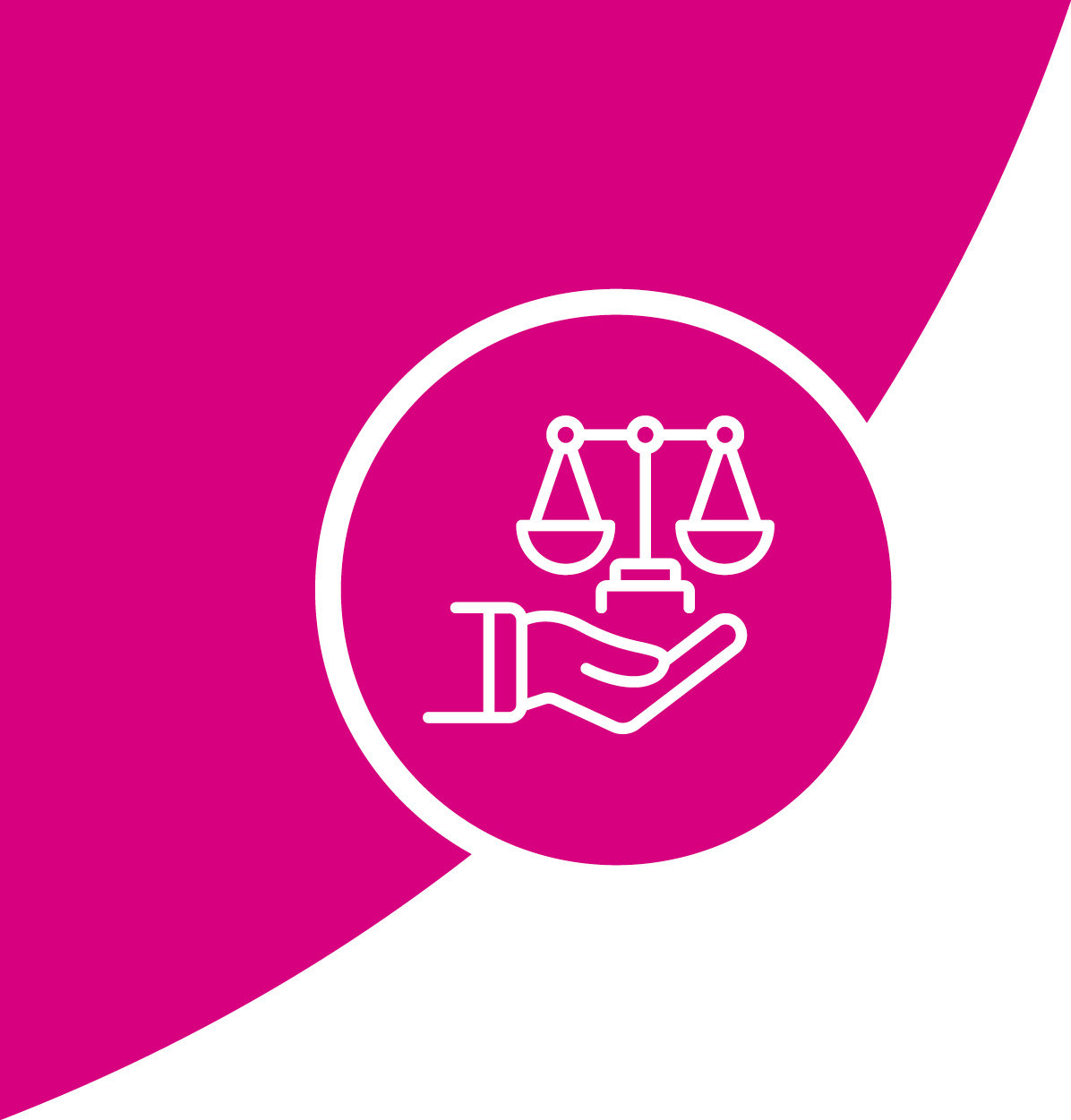Ethics Framework and Guidelines:
Table of Contents
Ethics Framework and Guidelines »List of Abbreviations »Preamble »Introduction »
Part I: General Consideration »On ethics »General considerations on ethics »Ethical assessment procedures and the ethics review »On participation »General considerations on participatory practices »Experiences with the ethics framework »
Part II: Tools & Guidelines »A. How should participatory processes be structured? »B. Which type of activity is targeted by the participatory process? »C. Which types of participants are targeted? »D. What are ethical issues and risks? »E. How can equal and meaningful dialogue be fostered? »F. How should participatory processes be monitored & reflected upon? »
Glossary »EC Reference Documents »Endnotes »

D. What are ethical issues and risks?


With clarity on the participatory process and potential participants, it becomes easier to assess potential ethical issues and determine where and how a process should be adapted. Ethics experts could help identify, understand, and mitigate ethical issues.
Consider the following potential issues in relation to your R&I processes: In project proposals:
- Issues of human dignity, power, intellectual property, privacy and data protection, transparency, and biases (e.g., gender bias, bias towards the able-bodied, etc.) should be considered when planning the process and outcomes of research and innovation.
- In project executions: Issues relating to personal data; discrimination; stigmatization; fixation on technology acceptance; vulnerable groups; privacy; safety; social responsibility of researchers; informed consent; social roles in the application context; use of ethically sensitive findings; manipulation and guardianship through technology.
- In evaluation processes: Common ethical risks in relation to stakeholders’ legitimacy, lack of ethical expertise; communication of funding calls; conflicting interests.
Consider the following issues that may arise in general:
- Informed consent:
- Informed consent procedures should be employed to build a baseline understanding of the process among those involved.
- Ensure that you choose an appropriate informed consent process and format for the target group.
- Use accessible language, keep the document to a reasonable length, and consider creative approaches such as movies and comic strips, or dynamic informed consent to address groups farther away from the R&I system.
- Financial compensation:
- Determine if, to whom, and how much financial compensation should be given.
- Compensation should take into account potential barriers to participation, but shouldn’t be an incentive in itself.
- Determine if, to whom, and how much financial compensation should be given.
- Methods:
- When participation is made a mandatory requirement for funded projects, this might raise the hurdle for diverse and new institutions to access funding. Support and training could mitigate this risk.
- Identify the suitability of the selected participatory process regarding i) if participation is warranted in the given process; ii) if stakeholder participation would benefit from additional support.
- Knowledge / awareness:
- Consider what might be needed to ensure that participants understand R&I. For example, a warm-up exercise might be provided for participants. Ensure participants have enough time to process new information.
- Identify what knowledge may be helpful for the participatory process. Try to foresee group dynamics that may emerge as a result of information asymmetries. Ensure you have (access to) the required expertise to identify and address ethical issues.
- Disadvantaged stakeholders:
- Identify if, who, and how stakeholders may be disadvantaged. This can partly be determined on the basis of participant input.
- Engage with disadvantaged stakeholders prior to the participatory process to understand their needs.
- Customize participatory processes to disadvantaged stakeholders so that they can participate in a meaningful way.
- Research integrity:
- Identify if, and how, the participatory process might affect the researchers’ integrity.
- Align the participatory process with frameworks, standards, and/or codes of conduct on research integrity27
- Assess the overall risk to actors in the process, including
- physical (direct harm, long-term harm)
- psychological (traumatizing methods, sensitivity of questions, ...)
- social (stigmatization, discrimination, ...)
- data protection, privacy, confidentiality
- the insurance status of each participant
SHOWCASE
RCN concluded that ethical issues and risks must be explored together with stakeholders. They therefore organized three workshops to collectively reflect on what challenges emerge in participatory contexts, and how they, as a research funding organization, can better align ethics and citizen involvement. They identified issues in relation to data privacy and the compensation of participants, which both required further consideration. Innoviris encountered political interference in their stakeholder engagement process caused by misaligned expectations and exacerbated by power differentials. They concluded that it was important to involve key stakeholders from the very beginning and maybe even seek contractual agreements with all parties, especially political ones, detailing the plans from the outset in order to avoid similar roadblocks.
Table of Contents »